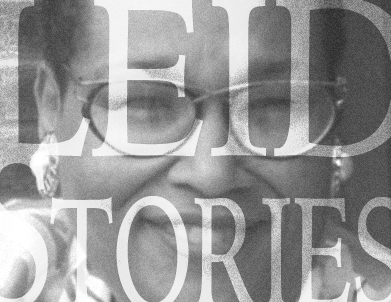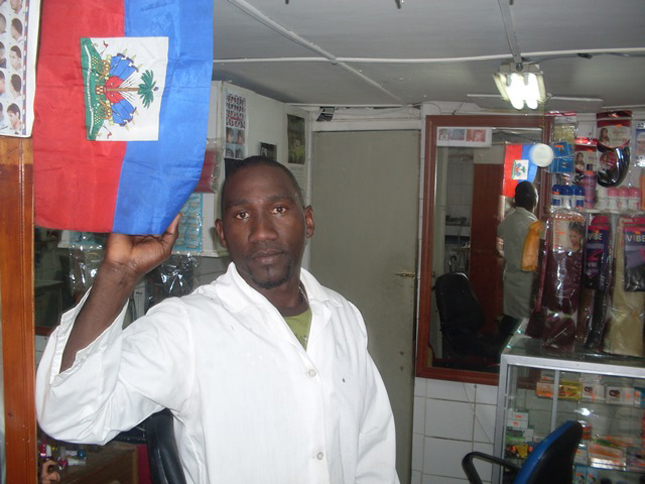A full two-thirds of the earthquake casualties in Haiti on January 12, 2010 were directly due to policies that the Inter-American Development Bank (IDB), World…

Pregnant women and young children, many stripped of their Dominicancitizenship before being pushed across the border into Haiti, are living in deplorable conditions, Human Rights…

Merchants of Misery: The Clinton Foundation Is Back ‘Helping’ Haiti; Election 2016: The ‘Debate’ A Point of No Return’

In the Dominican Republic, Mass Deportations of Haitians Loom Rachel Dolezal’s Racial Dilemma Is An Old American Story Hundreds of thousands of Haitians living in…

